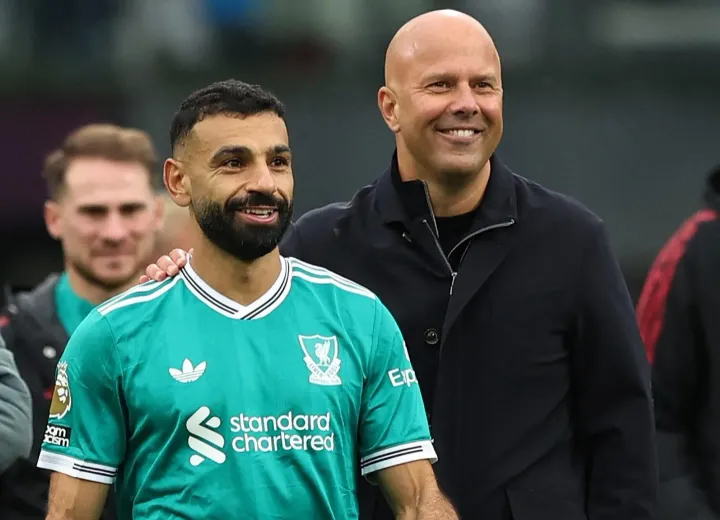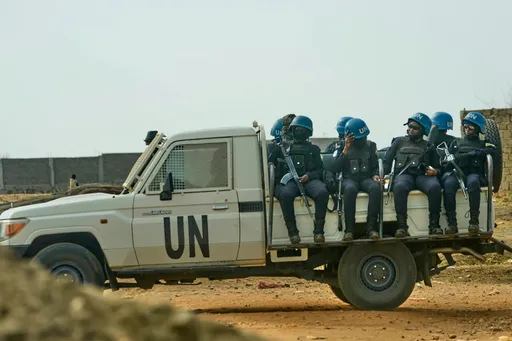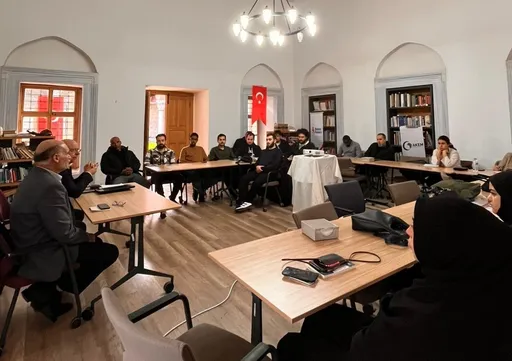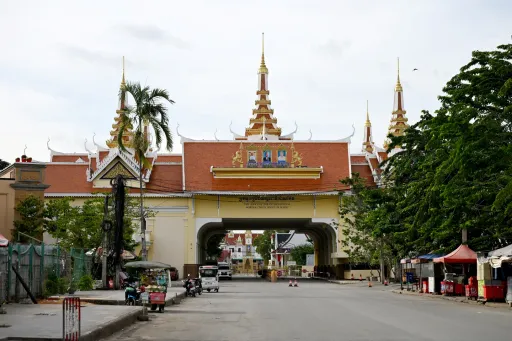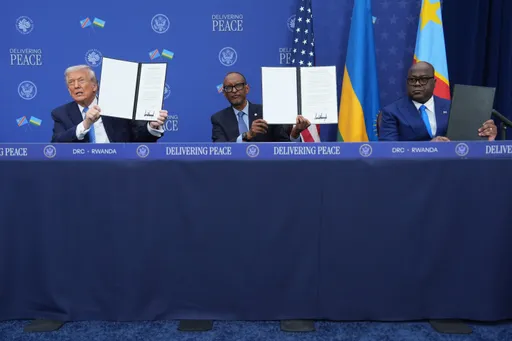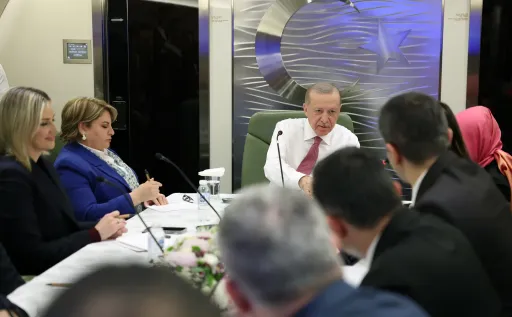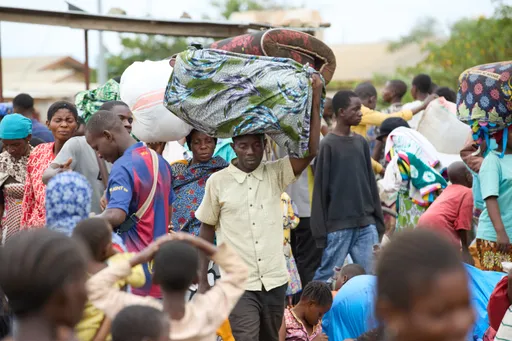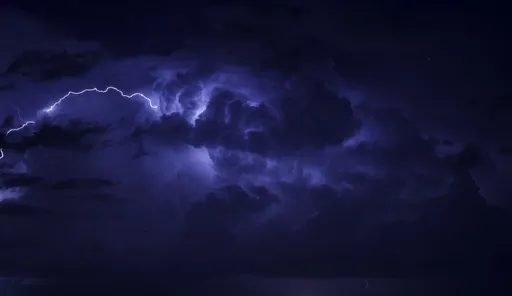By Charles Mgbolu
Unpredictable is the word that sums up the ongoing 2023 AFCON tournament taking place in Côte d'Ivoire.
From the host nation's remarkable resurrection to heavyweight exits and underdog successes, the tournament's players and fans have been made to endure all manner of human emotions thinkable.
The last 16 concluded on Tuesday with the continent's top-ranked team, 2022 World Cup semi-finalists Morocco, exiting the tournament after Achraf Hakimi missed a crucial late penalty.
"It is not the end of the world," insisted defeated Morocco coach Walid Regragui, whose country will host the next Cup of Nations.
"We are not the only ones. Lots of the favourites have been eliminated," Regragui said.
Traditional powerhouses
His comments are true as this tournament has seen traditional football powerhouse nations collapse like a pack of cards.
All five of Africa's representatives at the 2022 World Cup have already gone home. Egypt, Cameroon and Ghana with 16 titles between them limped out in the group stage.
''I think these teams came into this tournament lacking heavily in technical capacity,'' Stephen Mbonu, a Nigerian football analyst tells TRT Afrika.
''They do not appear prepared in physicality. Morocco for example play very well in their first halves but then they burn out. By the second half, you see that they are really struggling. And so their physicality going into this tournament was below par,'' Mbonu said.
Senegal's exit on penalties at the hands of Ivory Coast continues a trend which has seen no reigning champion win a knockout tie at the Cup of Nations since Egypt in 2010.
''For Senegal, I am still at a loss for words. It could be distraction, a lapse in concentration that made them unable to bury the match in the regulation time. As for the penalty shootout, it simply came down to luck,'' Mbonu said.
Champions eliminated
Indeed, the last three champions have all been eliminated, with Algeria exiting in the group stage for the second AFCON in a row following their triumph in 2019.
Mohamed Salah, Riyad Mahrez, Sadio Mane and Hakimi, four of the very biggest stars of African football, will watch the rest of the tournament on television, if they can even bring themselves to do so.
Most remarkably, none of the quarter-finalists at the last edition, two years ago in Cameroon, have reached the last eight this time.
That might suggest that the decision to expand the competition to 24 teams – a change brought in from the 2019 edition in Egypt – has helped make many smaller nations more competitive and created a greater strength in depth across Africa.
High temperature
Some fans on social media have argued that the heat in Côte d'Ivoire had negative impact as games had several interludes where cooling breaks were observed.
Mbonu disagrees: ''Most of the north African nations where this argument stemmed from have very hot climate and should be used to the heat. This should not be an excuse for underperformance.''
"There are no small teams anymore" is now a famous quote from Senegalese captain Sadio Mane and yet there is some truth to it.
''That a team did very well at a prevoius tournament is not a guarantee that it will replicate the feat in the following edition,'' says Mbonu ''Nigeria for example won the 2013 AFCON tournament but failed to qualify in the 2015 edition.''
Nigeria, Africa's most populous country, have impressed with African player of the year Victor Osimhen leading from the front.
They look good bets for a fourth title, 11 years after their last, although there is a danger that might be a little too logical, given how the competition has been going.
Sacking coach
Ivory Coast – the only one of the top seeds when the draw was made who are still alive - have twice been champions, including as recently as 2015. They also have the advantage that supposedly comes with playing at home.
Then again no host country has won the AFCON since Egypt in 2006, and the Elephants have really struggled to stay afloat, suffering their heaviest ever home defeat as they almost went out in the first round, and then sacking their coach.
Three of the last eight are into the quarter-finals after winning a Cup of Nations knockout tie for the very first time.
Angola, ranked 28th in Africa, will measure themselves against Osimhen's Super Eagles, while Guinea face the Democratic Republic of Congo.
Surprise package
Most striking of all has been the run of Cape Verde, the tiny Atlantic Ocean island nation with a population of 600,000.
They beat Ghana and drew with Egypt on the way to topping their group, before seeing off Mauritania.
"You can see that it is not easy for the big footballing nations to win games either now," Cape Verde captain Ryan Mendes told Canal Plus Afrique.
"They have players who play for big clubs, but us so-called small teams play with a lot of heart,'' he added.
➤Click here to follow our WhatsApp channel for more stories.




